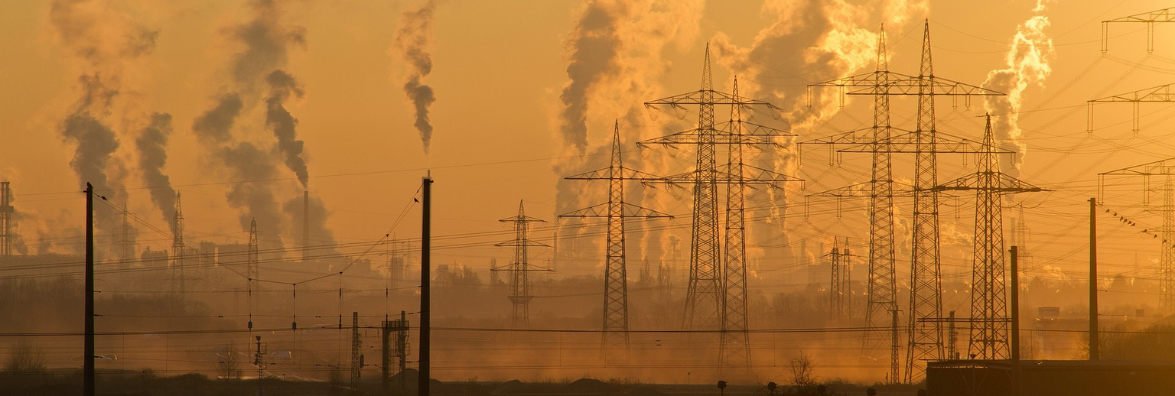- 13 Oct, 2022
- /
- Clearlight Infrared Saunas
- /
- No Comments
The Effects of Pollution on Human Health, and How to Fix It
It’s an unfortunate truth – pollution is a part of our lives, and it has negative impacts on our health. With such sprawling cities and new developments across the world, pollutants are all around us from the food we eat to the air we breathe. While land, water, and air pollution might all be fully unavoidable, there are still things you can do to help reduce the effects of pollution on human health. Read on to learn how pollution affects your body and ways you can help avoid the effects for a healthier life.
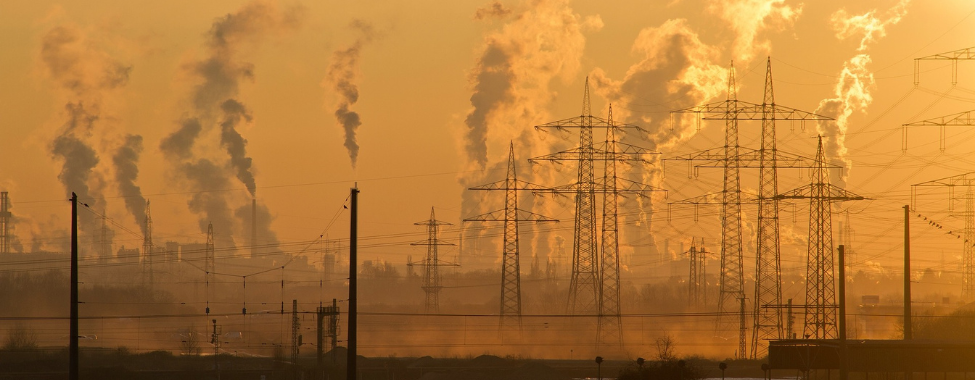
What is Pollution?
Simply put, pollution is the presence of harmful contaminants in the environment. It can be found almost all across the globe, with air, land, and water all having pollutants present. Land pollution includes household garbage (mostly paper, food, lawn clippings, and plastic) and commercial/industrial waste. Water pollution is created when foreign substances are introduced to the water, including chemicals, sewage, pesticides and fertilizers from agricultural runoff, and metals like lead or mercury. Air pollution is the most common form of pollution that we face, with 9 out of 10 people breathing air high in pollutants as of 2018, made up of pollutants like small particles from burning fuel, exhaust, sulfur dioxide, carbon monoxide, carbon dioxide, nitrogen oxides and chemical vapors.
Much of the pollution today comes from modern-day industry and habits, though there are still lingering pollutants from the past – proving just how long pollution can affect our bodies and environment. For example, persistent organic pollutants, sometimes known as “forever chemicals” or POPs, are resistant to environmental degradation, meaning POPs from World War II are still present. While environmental protections are slowly being put in place to reduce this pollution, it is still a persistent issue.
These harmful pollutants make their way into our daily lives with the things we eat, air we breathe, and water we drink. In turn, our bodies are prone to retaining these toxins, which can lead to health issues with prolonged exposure. The effects of pollution on health can gradually build up over time, so it is important to take the appropriate precautions to lessen the effects.
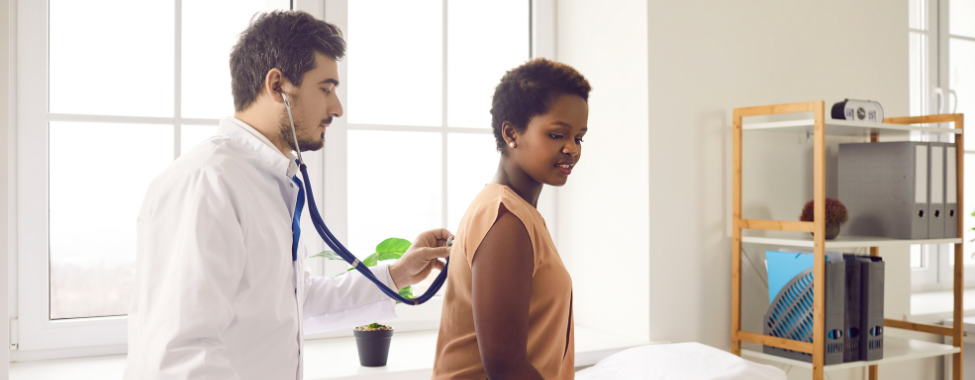
Health Risks of Pollution
Pollution is an unfortunate aspect of our lives, and the effects of pollution on human health can range from mild to severe depending on exposure. Those in higher-polluted areas such as industrial areas and cities may feel symptoms more than those with less exposure to pollutants. Land and water pollution, while not as prevalent as air pollution, can introduce chemicals, parasites, bacteria, and pesticides to your body, leaving you with ailments such as gastroenteritis, headaches, fatigue, and cardiovascular illness. In the more prevalent air pollution, health risks can range from a number of items, such as:
- Cancer
- Cardiovascular Disease
- Fatigue
- Headache
- Nausea
- Respiratory Illness
- Skin Irritation
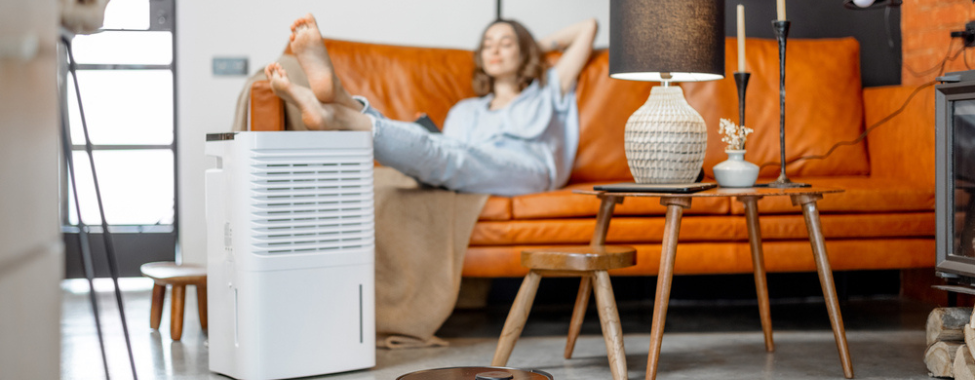
How to Decrease Effects of Pollution on Health
Reduced Exposure
As mentioned earlier, the more exposure you have to pollutants, the more harm they can do to your health. The first step in decreasing the effects of pollution is by decreasing your exposure. For land and water pollutants, wash your produce thoroughly, cook meat to safe temperatures, and use a water filter. To avoid air pollutants, check your area’s air quality every day. On days with worse ratings, try to minimize your time outdoors. Reducing time spent in traffic, in large cities, and near industrial areas can also help reduce exposure.
Filters & Air Purifiers
While you don’t have much control over the pollution outside of your home, you can certainly take steps to reduce the pollutants inside of your home. Invest in some filters for your water sources and home ventilation and be sure to routinely check them for replacement when they get dirty – especially if you are using the vents more frequently for A/C or heat. On top of filters, air purifiers are great additions to any home to reduce impurities you breathe in, especially in high-use areas like living rooms or bedrooms.
Exercise
Working out has many benefits for your health, and it can be especially beneficial in helping protect your body from the effects of pollution on health. The benefits of exercise include two big things for battling pollutants: detoxification and lung health. Exercising helps your body detoxify through sweat, and breathing through a workout helps keep your lungs strong to help combat any air pollutants. A healthy and strong body overall is also better equipped to fend off the negative side effects of pollution.
Infrared Sauna Use
Since our own fat tissue serves as a storage reservoir for toxins, and since they remain with us for several months and up to decades, mobilizing and eliminating these toxins from our bodies may help support our health. One way that may prove beneficial in helping remove these toxins from the body is through sauna-induced sweating. Numerous clinical studies have shown that infrared sauna use is a helpful tool in removing many toxins through sweat, including heavy metals, pesticides, and more, making it a great tool in helping reduce pollution effects.
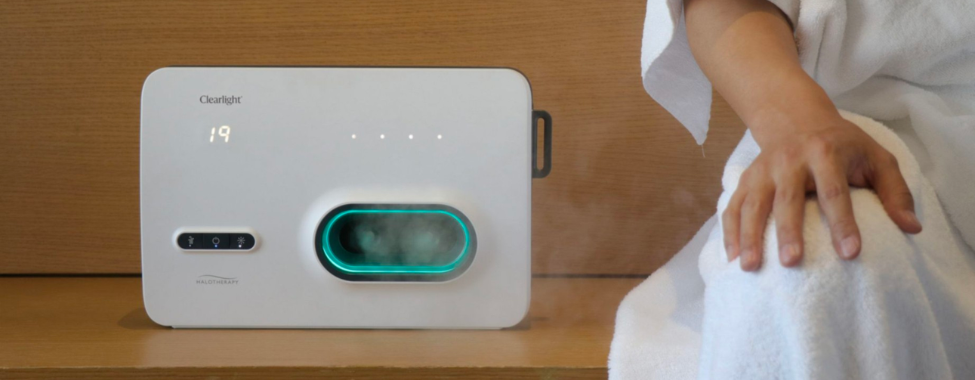
Halotherapy
Salt therapy, also known as halotherapy, is a practice that has been used for years to help treat a number of ailments. One of the most popular forms of halotherapy involves inhaling particles of microsalt produced by a halotherapy generator that aerosolizes salt into the air. Studies have shown that this treatment is beneficial in seeing improvements for those facing respiratory conditions – something often caused by air pollution. You can double up on detox and lung health benefits by adding salt therapy into your infrared sauna sessions.
Diet
As long as you’re washing your food and avoiding land pollutants, your diet plays a role in protecting your body from pollution. Having the right vitamins and minerals in your body can help build up your immune system and help protect your body from toxins. Look for foods rich in antioxidants like blueberries, cruciferous veggies like broccoli, and anti-inflammatory ingredients like turmeric. A healthy diet will set you up to be better prepared to process and eliminate toxins your body may accumulate from pollution exposure.
Hydration
Last but not least, hydration is a key tool in helping protect your body from pollutants. Not only does it keep us refreshed to stay active and healthy, but it’s also one of the main ways to detoxify your body. Without proper hydration, your body would not be able to expel toxins through sweat, urine, or other processes. Be sure to drink plenty of water to assist the liver in detoxifying and to help keep pollutants from sticking around in the body longer than they need to.
Pollution is something we will have to live with the rest of our lives, so it is important to take steps to protect our bodies from the adverse effects of pollutants whenever we can. Living a healthy life with exercise, hydration, and a good diet is always key to help protect yourself from harmful elements, and taking the extra precautions of detoxifying, using halotherapy, and managing your exposure can help take your health to the next level.
 Canada
Canada Australia
Australia New Zealand
New Zealand Germany
Germany UK
UK EU
EU Ireland
Ireland Malaysia
Malaysia China
China Japan
Japan
